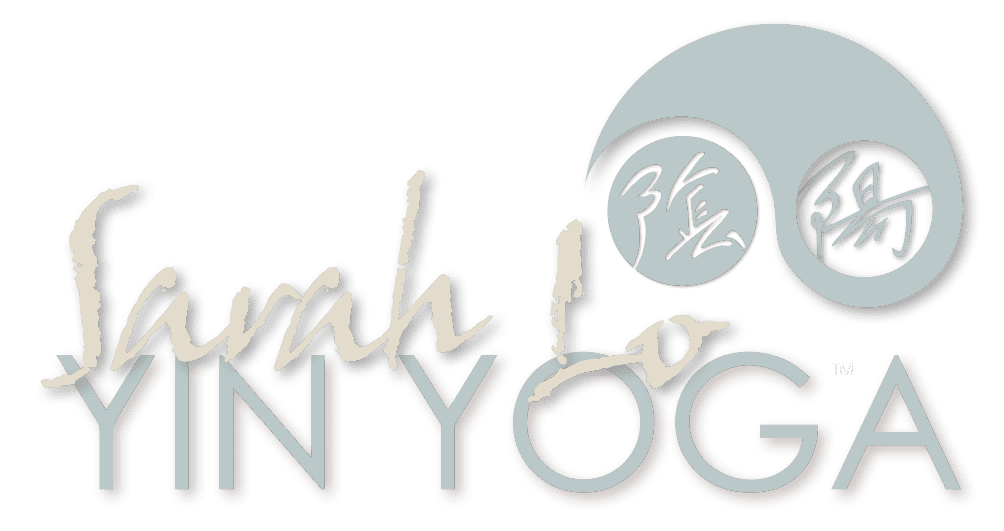
The etiquette of yin yoga, I wrote this article for my dear friend Debbie Lawson once upon a time a Yin student of mine before she saw her dream through to becoming an international empire selling ethical and sustainable yoga wear through her iconic Australian brand Dharma Bums. I remember the day clearly on the steps outside of a studio in Mosman in Sydney after class, her telling me about the fabric she’d sourced and her team would be 100% Australian made and not farmed off to a sweatshop somewhere overseas.
When I visited Sydney just 4 years later, Debbie had moved her crew into an enormous building in Sydney and her excitement was no less palpable. She still attended my Sydney workshop that summer, bless her, I and am grateful to have this bright entrepreneur and friend in my life. There’s so much that goes on in a woman’s life that doesn’t get revealed behind the glamour of a story (as we both well know) but for now, I celebrate the success of this bright star.
Here’s the article.
https://www.dharmabums.co.uk/blogs/news/the-etiquette-of-yin
The Etiquette of Yin Yoga.
I’ve had a long-standing love affair with Yin Yoga and like any relationship, it’s had its ups and downs.
I remember my first Yin class distinctly with my hips screaming in Dragonfly and not understanding the meaning of ‘relationship to discomfort’. Although I quite enjoy this symmetrical posture today (especially when it’s up the wall) I am also completely clear now that it was never necessary for me to endure any discomfort physically in the posture and that my adductors did not need releasing or lengthening or any such thing. What’s not so clear to me is whether ‘how’ I was practising in the early days caused ensuing pelvic instability. All of my practice has however helped me gain a better understanding of the postures and enabled me to teach in a more insightful way and that, of course, includes injuries and pain.
What I know now after more than a decade of dedicated practice of Yin is that I can choose to practice this in any way I see fit and that no teacher or book should determine how I ‘should’ practice. It’s something I am passionate about sharing in my Yin Teacher Trainings. First and foremost and of the utmost importance to me is the pedagogical approach – the vast array of approaches and to know that no one approach suits everyone. There will always be some who enjoy a more Yang way of practising than others, even within Yin Yoga, either physically or mentally. Secondly, there’s the simple fact that we are all utterly unique in anatomical structure both internally from the shape and orientation of our bones, to the tensile strength of our fascial webbing and to our ability to intercept or interpret sensation somatically. Some of us are able to increase our ability to sense proprioception (our body’s position relative to space) and intercept (our ability to sense internally) through the repetition of movement and our willingness to listen to our body’s feedback. However, for some of us, the ability to sense and feel may not improve with practice if we cannot regulate or interpret stimuli in our body’s systems. This is particularly true physiologically with joint hypermobility syndrome and cognitively with any number of mental disorders. Thirdly and above all is the provision of a safe space to explore, to reconnect, to heal and to contemplate what might be meaningful and helpful to us no matter what our mood or energy level.
Yin Yoga will always be a place for me where both contemplation and mindful awareness can be both a training ground or a way to simply pause and be. Healing naturally arises when I’m paying attention to myself and responding skilfully which might just mean enabling my nervous system to relax more fully through support and comfort and naturally being body led with when I release or deepen into a posture. The “Knowing” which begins to dawn through being more receptive to what surfaces from moment to moment is the gift that Yin Yoga offers. No method, no timer, no pre-conceived ideas. Just the offer of time, increasing receptivity and connectivity and the delight of discovering more of who and how you truly are. ‘How are you now?’ A question a student tearfully responded, “I haven’t asked myself that question in 20 years.”
Sarah Lo
Certified to practice the way my body intended
www.SarahLo.co.uk
